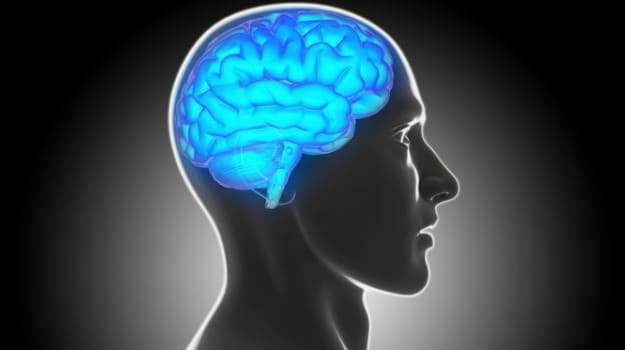
People often confuse sugar with calories but they are very different. Sugar is a glucose compound which is broken down by the process of metabolism, into simpler molecules with the release of energy. Sugar, a form of glucose is necessary for sustaining life in a living organism. Any living organism or tissue or even a cell eventually dies when the sugar level depreciates. This glucose compound helps in manufacturing energy to perform essential biological processes. Such biological processes taking place inside a living organization leads to the sustaining of respective life forms. Once inside the body, sugar molecules are broken down into simpler molecules with the release of energy. That energy is then used by the body for a variety of purposes, such as keeping the body warm and building up new molecules within the body. Not only organisms but also organs as well as cells require sugar to sustain functionality and life. Cells, the smallest structural and functional unit of an organism, are present everywhere in our body and they require sugar.
The human brain is composed of neurons, glial cells, neural stem cells and blood vessels. The number of neurons is estimated at roughly 100 billion. According to a recent research conducted by Domenico Pratico, Professor, The Temple University in Pennsylvania, US, chronic episodes of a dip in the sugar levels in the brain may trigger the onset of cognitive decline, especially memory loss leading to Alzheimer’s disease.

The study showed that the decline in glucose levels in hippocampus – a brain region that plays a key role in processing and storing memories – appears in the early stages of mild cognitive impairment that is before the symptoms of memory problems begin to surface. The hippocampus and other regions of the brain rely exclusively on glucose for fuel without which the neurons starve and eventually die.
Pratico said, “One of the changes that has been consistently reported in the brains of patients with different degrees of cognitive impairment, is a decrease in glucose availability in the hippocampus”. The findings also explains why diabetics are more at risk of dementia as long-term small decreases in glucose leads to brain damage. Furthermore, the memory impairment was found to occur through a mechanism involving the accumulation of a protein known as phosphorylated tau – which precipitates and aggregates in the brain, forming tangles and inducing neuronal death, the researchers said.
“There is a high likelihood that those types of episodes are related to diabetes, which is a condition in which glucose cannot enter the cell,” Pratico added. The results revealed that the glucose-deprived patient will perform significantly worse on memory tests, showing high levels of phosphorylated tau and dramatically increased amounts of cell death as well as exhibited abnormal synaptic function, suggesting that neural communication pathways had broken down.
[“source-ndtv”]










